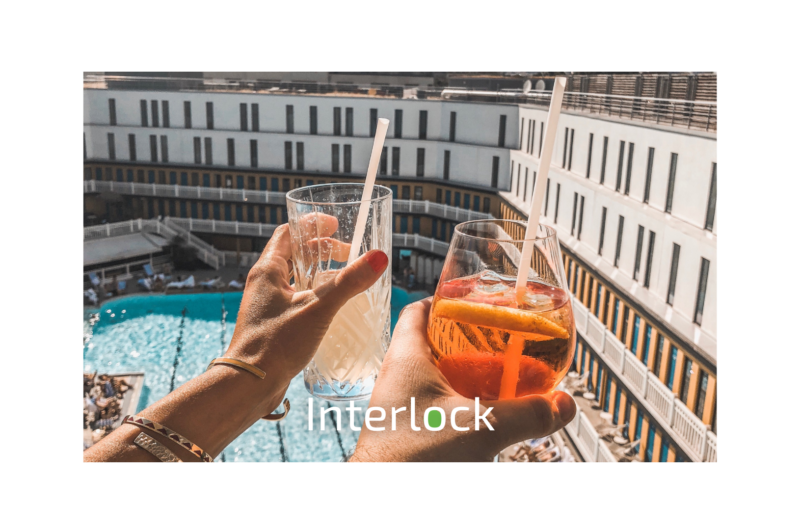
Did you know that “94% (of C-level executives) reported that artificial intelligence would ‘substantially transform’ their companies within five years, most believing the transformation would occur by 2020”? Their predictions were correct. Today, most hotels use AI-powered websites, booking tools, or other software.
However, 49% of survey respondents say that the hotel industry ranks right in the middle at a grade of “C” for artificial intelligence implementation. The good news is that there is a lot of room to grow in this category.
Adopt one or more of these ideas to get ahead of the competition, enhance the guest experience, boost sales, and more.
1. Use AI Concierges
Hotels such as the Radisson Blu Edwardian in London and Manchester use artificial intelligence concierges to check guests in or out, order room service, and answer questions 24/7. The best part? Guests can text Edward (their concierge) right from their phones. Consider chatbots for your hotel if you’d like to create consistent guest experiences and free up time for front desk staff to provide the best possible service for guests who are physically present.
2. Switch to hyperdynamic pricing
Hyperdynamic pricing allows booking engines to automatically search social media, past user data, and even world news to display rates that maximize earning potential. For example, if there is a large conference filling up hotels nearby, the artificially intelligent software will instantly adjust prices to reflect the increase in demand.
Aviation industry expert and travel consultant Matthew Klint, notes that this is already quite common among airlines, says that “on the horizon are systems that can decipher so-called ‘unstructured data’, which includes verifying ratings of hotels for consumer sentiment or the identification of seats or hotel rooms. This technology will get better and better over time, so keep an eye out for it.
3. Predict utilities usage
Improve revenue management and help save the environment with energy, water, and waste-monitoring tools. Hotels such as Hilton have been using them for a decade, with no sign of going back. According to the recent celebration of their own sustainability and social impact efforts: “Hilton properties have reduced carbon emissions equivalent to removing 390,350 cars from the road… while saving over $1 billion in utility costs” all through their proprietary LightStay program. In other words, brands that develop or adopt programs like this can expect to reap savings and sustainability rewards from them long term.
4. Uses smart technology to maximize the sales potential of existing business, improve the booking experience, and seamlessly organize all related departments.
All of the available tools add up to create a powerful booking engine but, at the end of the day, it all supports the same goal.
5. Make reviews actionable
Get to know your customers through the feedback they leave on major hotel review sites such as Yelp and TripAdvisor. But instead of always going through the process manually, use an intelligent tool to do it for you. Machine learning (a subset of AI) makes it easy to automatically collect, store, and analyze data from across a variety of online sources.
This is why luxury hotel brand Dorchester Collections uses it to personalize guest experiences from booking to dining. In one instance, they were able to identify “that guests were far more interested in breakfast than dinner as a meal, to which hotels tend to focus their investments on in order to differentiate themselves by offering a fine dining experience.” The result? An updated breakfast menu that guests could personalize themselves.
6. Have robots check-in guests. The AI model can learn from guests and adapt over time while answering questions, fulfilling simple booking tasks, and improving its own speech over time.
“We’re focused on reimagining the entire travel experience to make it smarter, easier and more enjoyable for guests.
Don’t worry about replacing your human front desk staff. Are meant to prevent long queues from forming in lobbies, create memorable experiences, and help teams perform better.
Look out for passports with guest health information built in so medical professionals on or offsite can quickly access information such as their medical history, current medications, and allergies in an emergency.
Have robots as support staff to help ease the burden of late-night shifts and the effects of a high turnover industry.
A toast to as much control as possible in your customer’s experience.
#ai
#ia
#artificialintelligence
#hotel